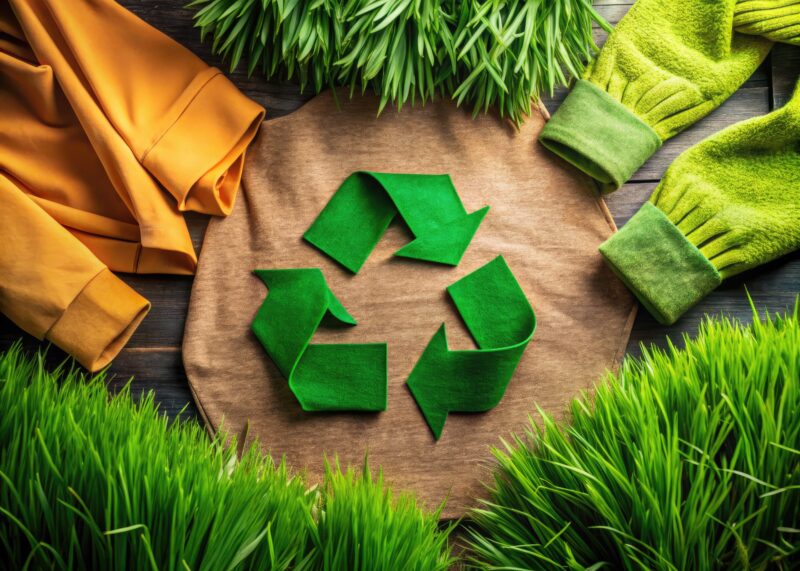Resale markets refer to the practice of buying and selling secondhand or vintage goods, in which individuals or businesses resell products that have already been purchased. For example, Depop allows people to sell their used clothing. A consumer might sell a pre-owned designer handbag on the platform, giving it a second life through someone else while offering buyers a more affordable option.
It’s no secret that the fashion industry contributes to ecological damage, including pollution and waste. Retailers can counteract this by demonstrating their commitment to sustainability by participating in the resale market, as it promotes sustainable consumption by extending the lifecycle of products, reducing the demand for new ones, and decreasing the waste associated with fast fashion. It helps sellers reduce their carbon footprint, and play a part in making fashion more eco-friendly. This significantly improves customer experience, creating a strong bond between the consumer and the brand. The resale market also offers affordable pricing compared to buying new items, making a business’ products more accessible to frugal consumers.

Discover how different fashion brands, from luxury to high fashion to outdoor gear retailers and more, are embracing the resale market and encouraging sustainable purchases by providing a place for consumers to buy and sell pre-loved items.
Learn more
As the interest in sustainability is growing in the mass market, resale and growth of the secondhand market are featured in news headlines every month. However, the variety of possible execution models, limited data availability, and fear of failure make many companies hesitant to take full...
Learn more
Looking to the coming year, we break down how the retail landscape is evolving to provide consumers with more personalized experiences and unparalleled convenience. Plus, we take a glimpse at how the circular economy can support a brighter, more sustainable retail tomorrow.
Learn more